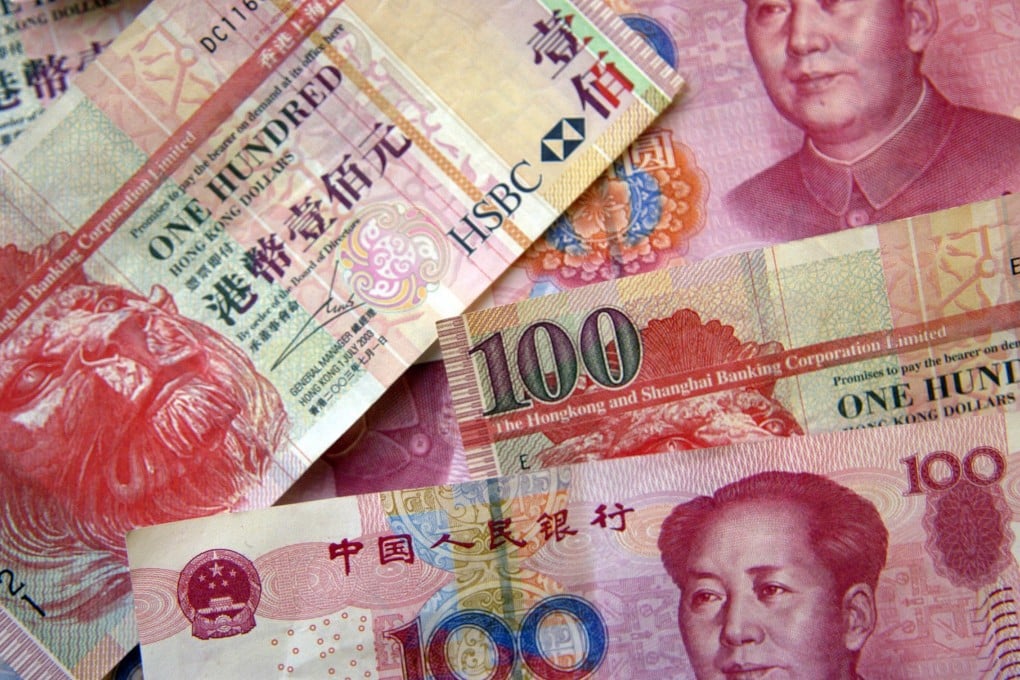
Central Bankers must be Masters of Behavioural Finance. The Swiss National Bank knew that the cap against the Euro could not be maintained. Investors were even willing to accept negative interest rates to hold the Swissy. There are too few currency safe havens now that the yen has lost its lustre.
The best time for a Central Bank to act is when no one is expecting it – that’s when it has the most impact. The sudden announcement by Switzerland inhibited front running, punished those betting against the SNB, and spurred a flurry of interest rates cuts in Europe. Bad luck for other countries shadowing the Euro who had to readjust by making themselves less attractive to currency speculators.
On the other hand, if Central Banks want to temper the effect of future actions, they telegraph it miles ahead. The US Federal Reserve Board frequently announced that they were going to end quantitative easing by tapering, so that it was well discounted in advance. They are using the same tactic this year in flagging a limited rise in interest rates.
The predictable removal of the Swiss Franc cap came as a surprise; the removal of the Hong Kong dollar peg would be simply gobsmacking. The Hong Kong authorities are strictly following behavioural finance theory by positively denying all signs of peg removal.
Indeed, the peg has served us so well that there are almost no circumstances under which it would be removed – yet doing so could be the solution to a knotty problem for China.
China wants to see the RMB used as a reserve currency. But that is impossible because a reserve currency - essentially a safe haven - must be fully and freely convertible. A reserve currency doesn’t just mean buying freely, but also selling, and maintaining the perception that there will be negligible interference with that freedom.
The peg has served us so well that there are almost no circumstances under which it would be removed – yet doing so could be the solution to a knotty problem for China
